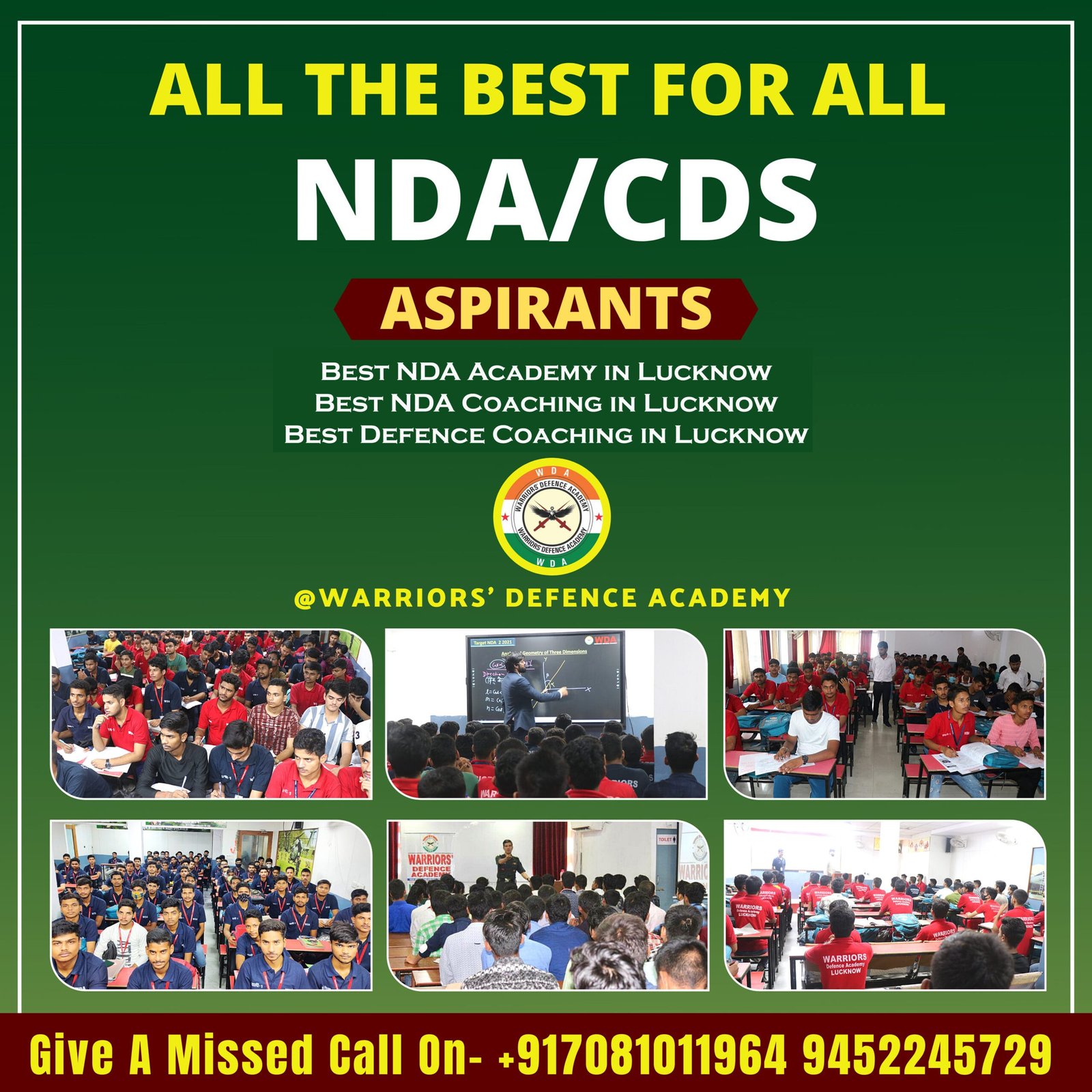Top NDA Coaching in Lucknow, India | Warriors Defence Academy Lucknow
Top NDA Coaching in Lucknow, India | Warriors Defence Academy Lucknow – Best NDA Coaching in Lucknow, India | Warriors NDA Academy Best NDA Coaching in Lucknow, India @20% Discount for Defence Coaching in Lucknow Join to Call Now 07081011964
Warriors Defence Academy | Best NDA Coaching in Lucknow | Best Airforce Coaching in Lucknow | Best Defence Coaching in Lucknow India.
Address: 545-GA/1-CHHA, beside Madhuwan Guest house Chandganj Near Railway crossing, Kapoorthla, Lucknow, Uttar Pradesh 226006
Phone: 07081011964
https://warriorsdefenceacademy.com/
https://www.warriorsndaacademy.com/
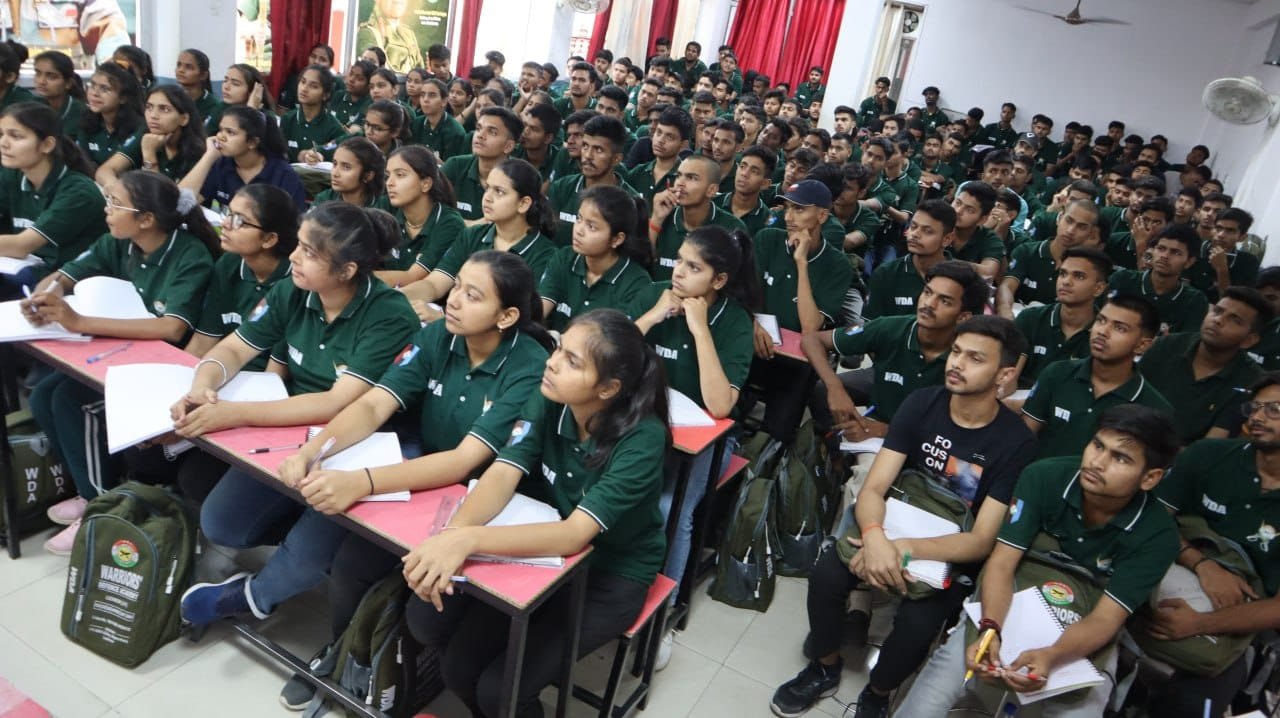
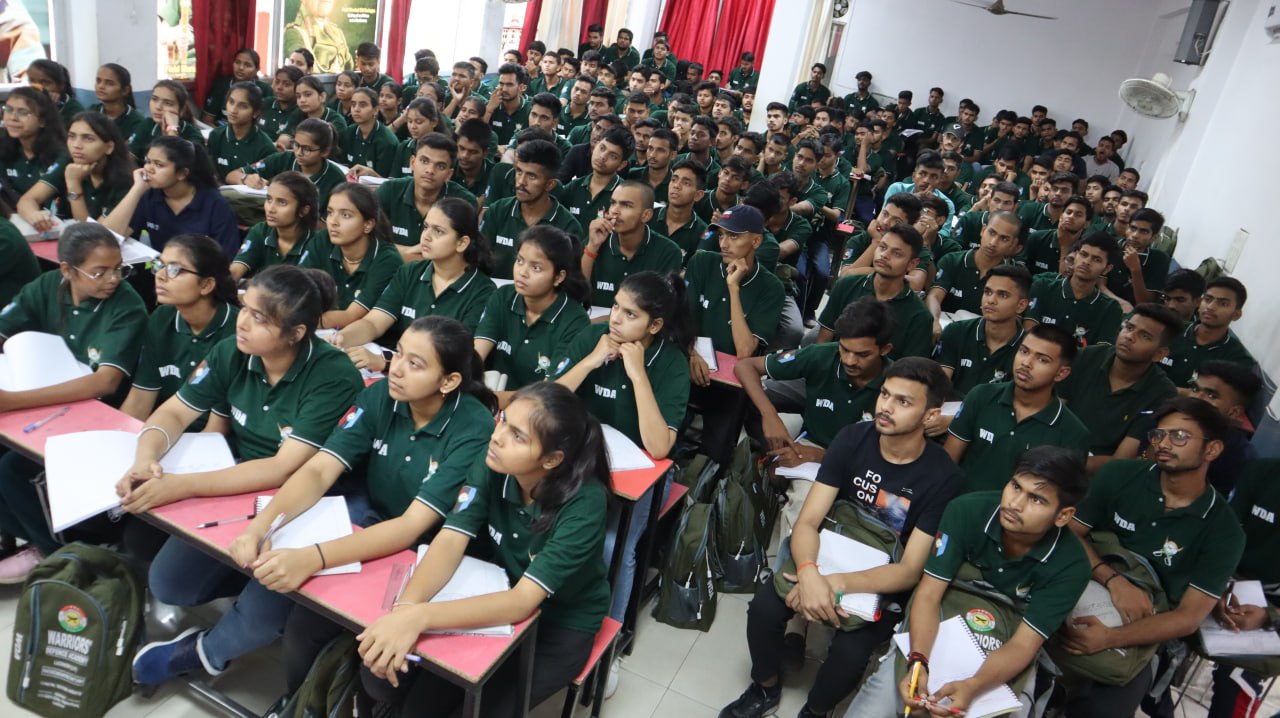
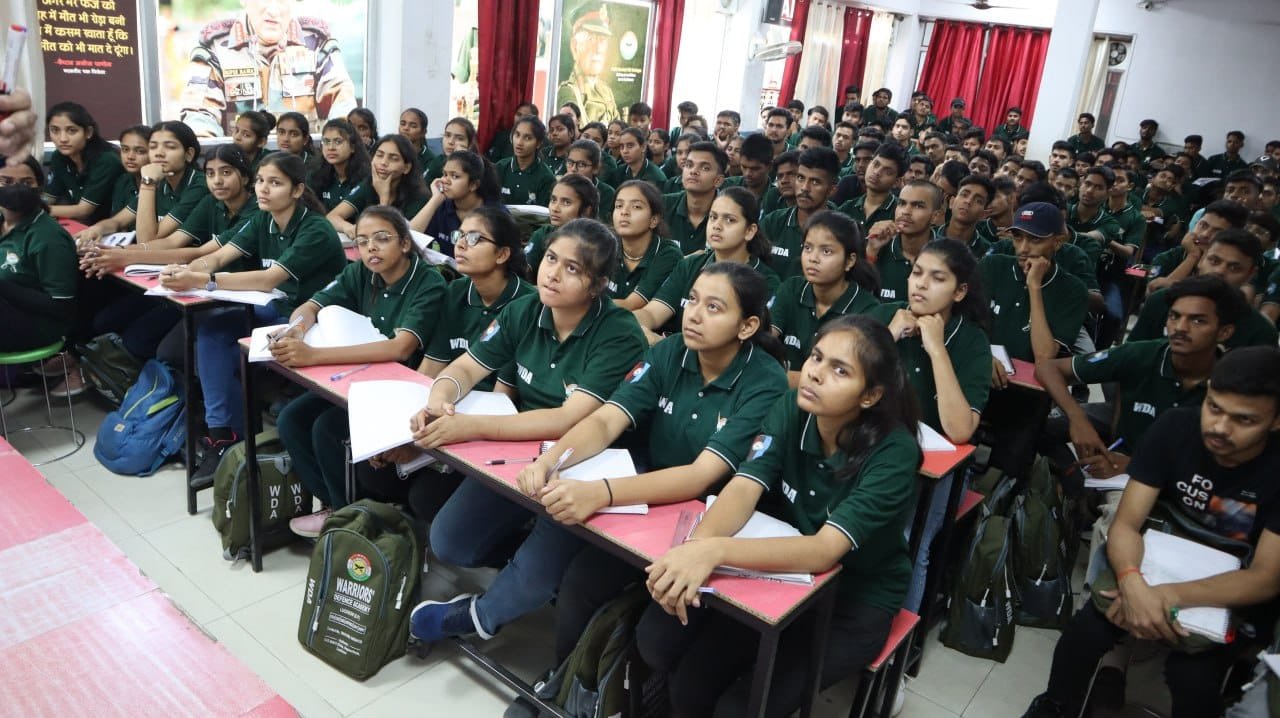
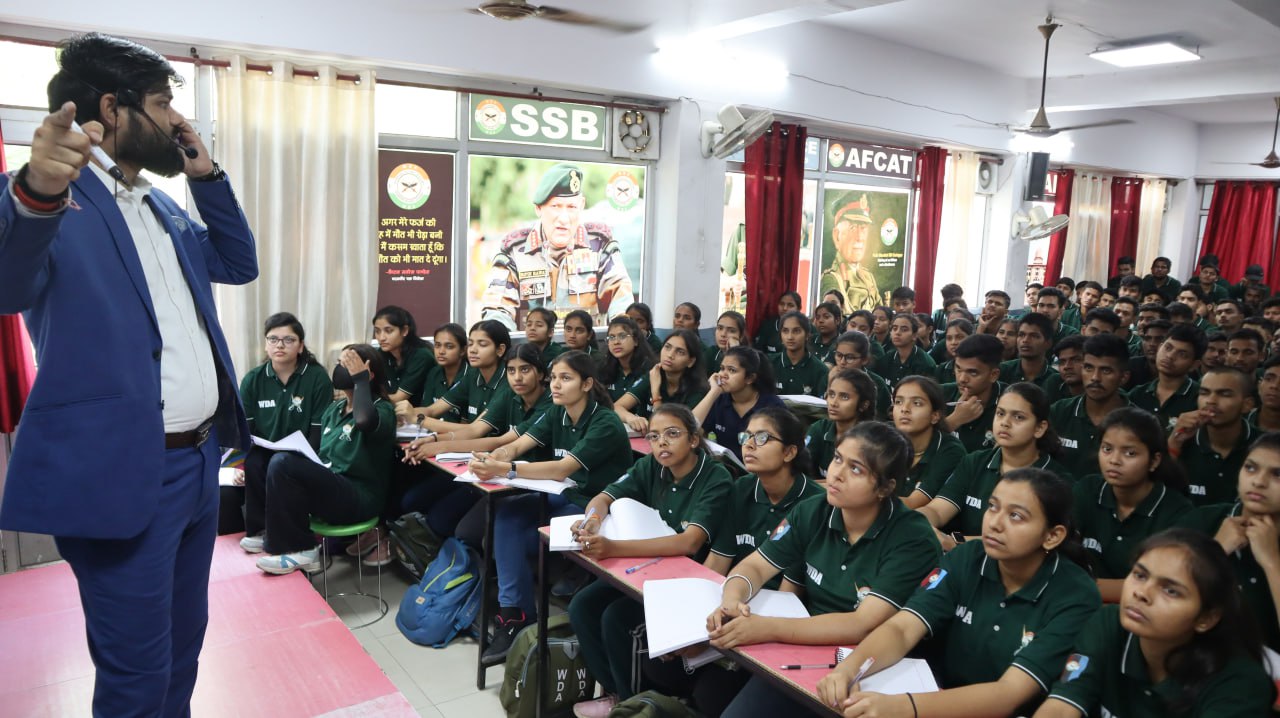
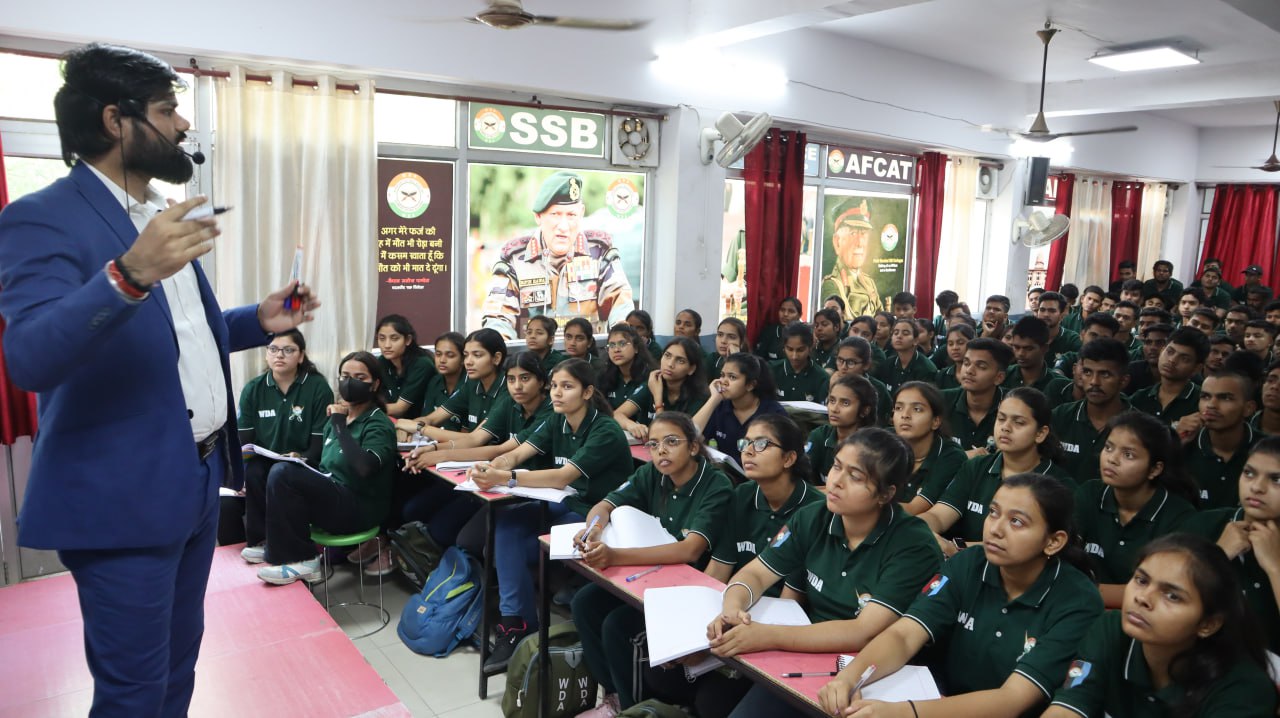
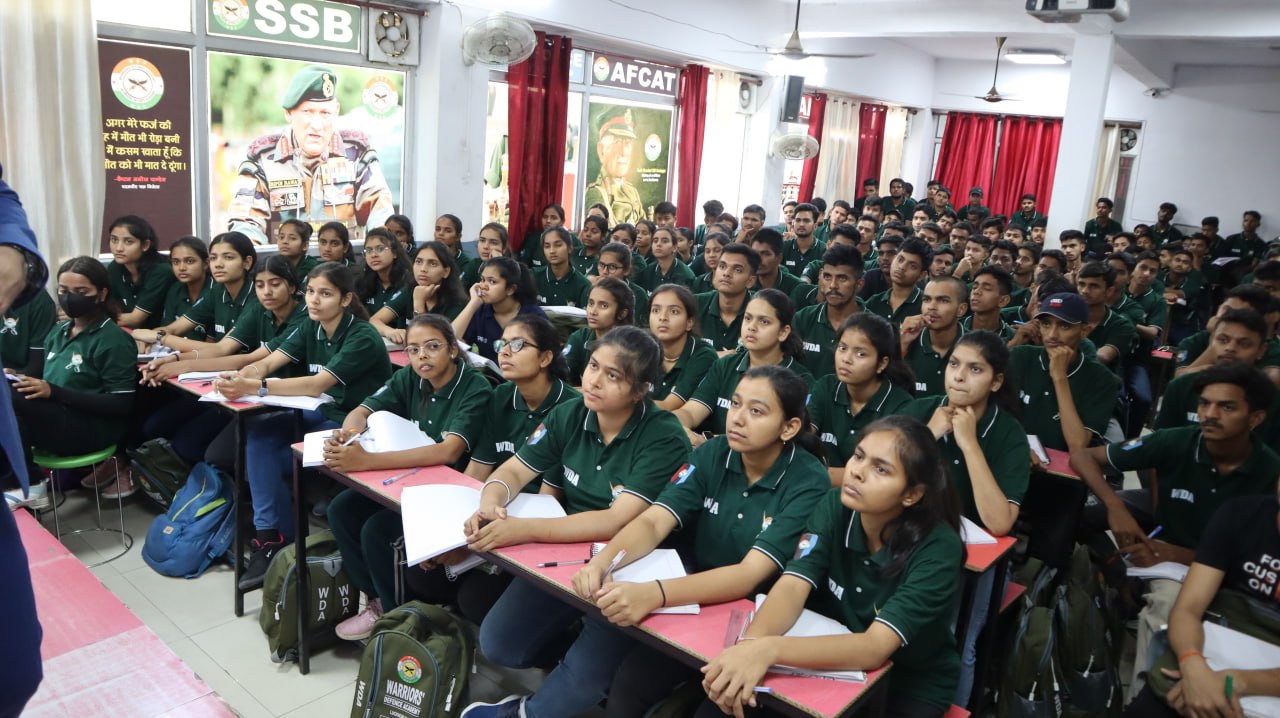
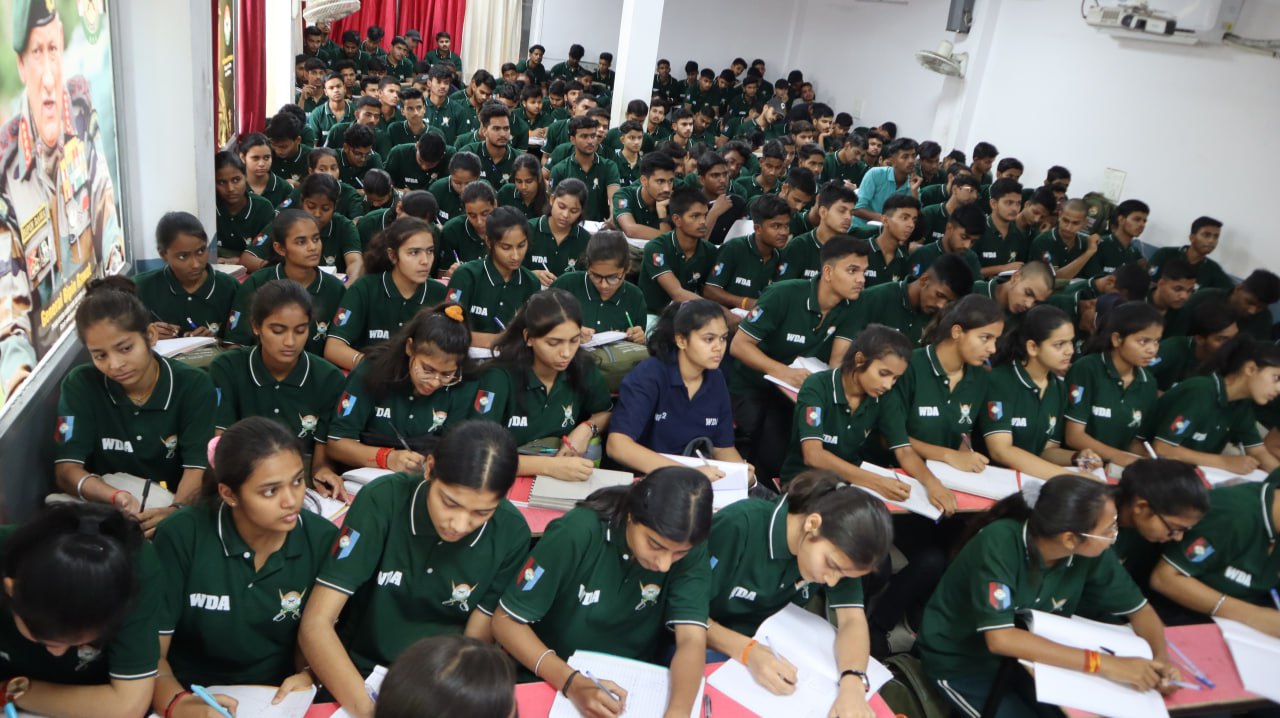
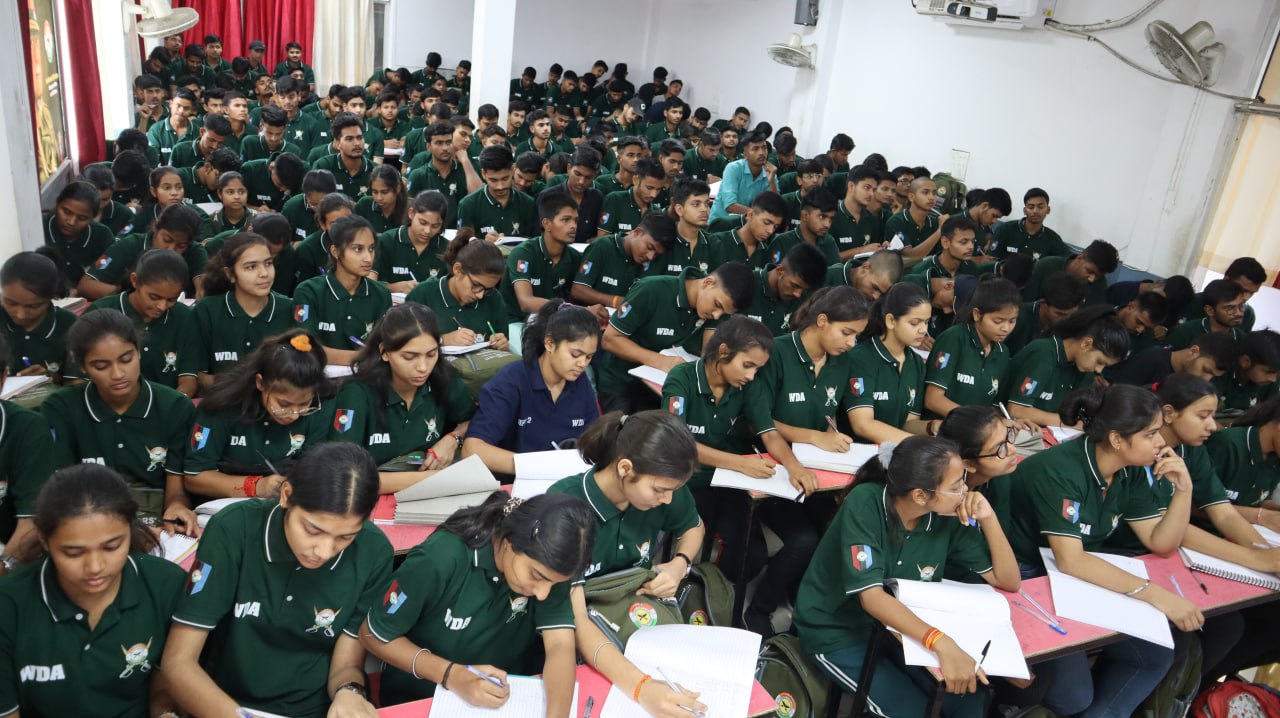
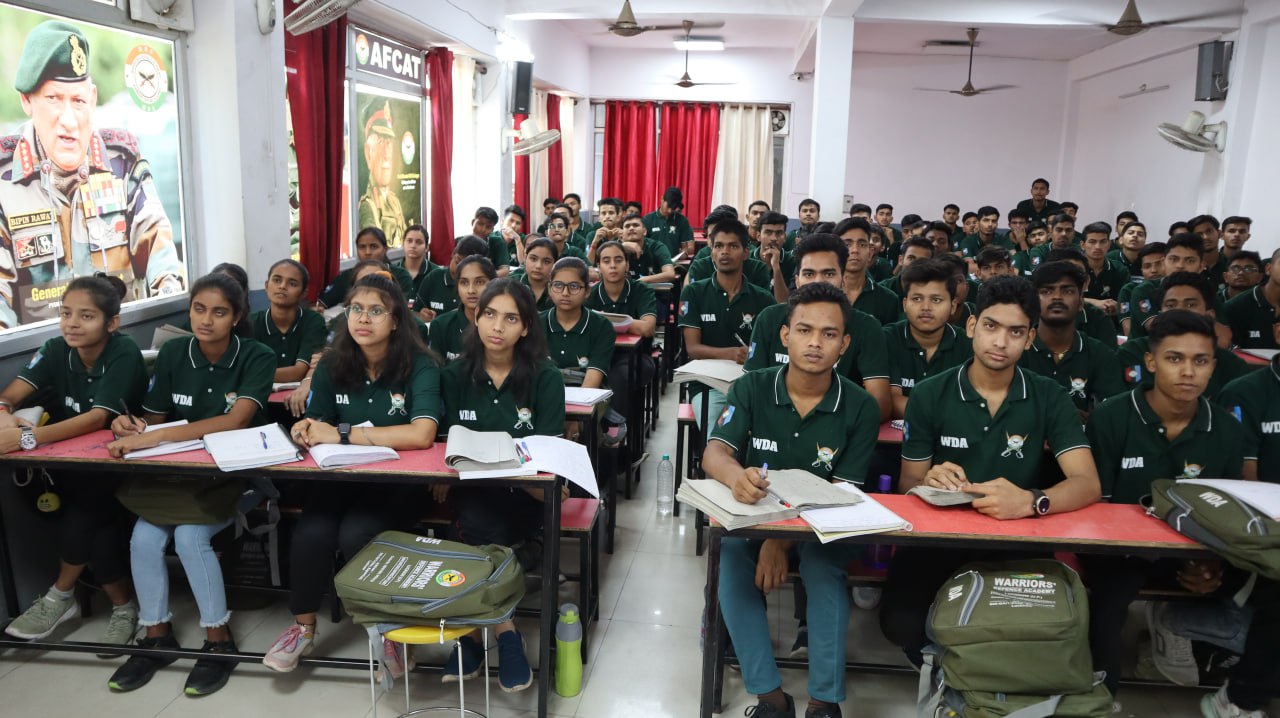
WHY INDIA WON’T READILY LEAVE RUSSIA FOR THE U.S.

Washington vows to replace Russia as India’s top arms, energy and diplomatic partner but a fast pivot isn’t viable
A full-court press is underway to woo and pressure India into the Western camp, a carrot-and-stick approach that if not carefully calibrated may do more harm than good to US-India relations.
So far India has abstained from all five votes in the United Nations to condemn Russia’s military operation in Ukraine. India’s unwillingness to overtly object to the Russian invasion has not gone down well in Washington, nor has India’s refusal to participate in sweeping sanctions aimed at isolating and crippling Russia’s economy. #Top NDA Coaching in Lucknow
US President Joe Biden has characterized India’s response as “shaky” among US security partners, while a member of the US Senate Committee on Foreign Relations expressed “extreme dissatisfaction” with India’s position.
With the declaration that Russia and China have entered into a “no limits” partnership, this development places both the US and India in an awkward position. India has a close relationship with Russia dating back decades to the height of the Cold War, while it is also embroiled in a long-standing and recently violent border dispute with China.
India relies on Russia in three critical areas: weapons, energy and international support against rivals like Pakistan and China, the latter especially representing a complicating factor in the emerging global realignment. #Top NDA Coaching in Lucknow
The US is seeking to help wean India off Russian dependency in all these respects, but any such a pivot will be complicated and unwieldy. Meanwhile, relations between the two Indo-Pacific security partners drawing closer through the Quad security alliance risk becoming seriously strained.
India Needs Russian Arms – Top NDA Coaching in Lucknow
According to a report by US-based think tank the Stimson Centre, 85% of India’s military hardware is sourced from Russia. India is Moscow’s biggest customer, representing more than 23% of all arms sales Russia makes globally. More importantly, Russia-India’s strategic cooperation is unmatched by any other country; Russia is the only country to offer India its most advanced, cutting-edge weapons systems and defence technologies.
India’s dependence on Russian defence systems is so thorough that integrating non-Russian assets into its arsenal would present a significant compatibility challenge and would require major de-systematizing of already familiar instruments. Any move to replace Russian arms wholesale would thus require rebuilding India’s arsenal from the ground up.
Russian security assistance has gone so far as to provide nuclear-powered submarines to India’s navy. Controversially, India has an impending order for five Russian-developed S-400 air defence missile systems in a US$5.43 billion deal signed in 2018, the most advanced long-range surface-to-air missile defence system in the Russian arsenal.
Normally, importing the S-400 would result in US sanctions under 2017 Countering America’s Adversaries Through Sanctions Act (CAATSA), but Washington has so far invoked a waiver in India’s case. That could change, however. Donald Lu, the US State Department’s Assistant Secretary of State for the Bureau of South and Central Asian Affairs, told US lawmakers “the Biden administration will consider CAATSA,” raising the possibility the US may reconsider its sanctions waiver for India.
That rhetoric alone is enough to cause new tensions in the otherwise budding US-India partnership as both sides join forces against a rising China.
Oil And Diplomacy – Top NDA Coaching in Lucknow
India is also highly dependent on Russian oil, coal and gas. India reportedly imports nearly 85% of its oil from Russia with a stated target of $30 billion in bilateral trade by the end of 2025. According to Iman Resources, last year India imported 1.8 million tons of thermal coal and 43,400 barrels of oil per day from Russia.
India’s Gas Authority of India Limited, a state-run entity, signed a 20-year deal with Gazprom, Russia’s giant state-owned oil and gas company, for 2.5 million tons of liquefied natural gas per year. On the other hand, such figures are slightly down year-on-year from 2020, demonstrating that India is in fact looking to diversify its energy import sources.
This state of affairs makes non-participation in Russian energy deals an impossibility for India in the short term.
On the diplomatic front, Moscow has consistently backed New Delhi in the international arena, including against the West, and provided indispensable support on core national interest issues such as Kashmir, Pakistan and Bangladesh.
Moscow’s assistance has been remarkably consistent with decisive votes or vetoes in New Delhi’s favour in every UN Security Council vote from 1957 to 2019. India has taken many opportunities to return the favour, including in recent decades by either abstaining or siding with Russia on controversial UN votes on Chechnya, Georgia and Crimea.
Historically, New Delhi received crucial naval support from Moscow in the 1971 Indo-Pakistan War in which India supported Bangladeshi independence, which was opposed by the US.
A US and UK naval attack group intended to intercept Indian forces in East Pakistan (which later became Bangladesh) was pre-empted by the arrival of a Soviet submarine battle group, forcing the attack to be called off and eventually leading to a favourable outcome from the Indian point of view with the independence of Bangladesh, cutting rival Pakistan in two. Some experts argue India is beholden to Russia due to the crucial support it has received from Moscow over the decades. At the same time, Indian policymakers have not forgotten the Bangladesh episode that could have seen the US and UK attack their armed forces, while the continued though shaky US-Pakistan alliance is not viewed favourably in Delhi.
Indeed, Russia remains popular among the Indian population, while trust in the US is comparatively low.
India-Russia Sanction Busting – Top NDA Coaching in Lucknow
Neither siding against Russia at the UN nor participating in sanctions are viable options for New Delhi given its security dependence and seemingly genuine fraternal feelings towards Russia.
Moreover, a potentially groundbreaking initiative to help Russia bypass Western sanctions could be a game-changer in more ways than one. This development involves newly announced currency swaps in roubles and rupees, a deal that will not only help to keep the sanctioned Russian economy afloat but will also put a new hole in the global dollar-dominated international trade finance system.
Given the layers of Indian dependency on Russia, it is a foregone conclusion that India cannot simply abide by Western pressure and completely decouple from Russia overnight.
The currency swap arrangement, meanwhile, is a clear statement that India intends to pursue an independent foreign policy not beholden to its powerful Quad partners or their European allies and is even willing to punch a hole in the US-dominated global financial system. #Top NDA Coaching in Lucknow
New Delhi has long made clear to the world that it will follow its own interests in providing for its domestic needs and defending its national security interests. The US has likely realized that it must respond accordingly and cannot push India too hard on this issue.
US Carrots And Sticks – Top NDA Coaching in Lucknow
The US, for its part, is using both carrots and sticks in trying to separate India from Russia.
After meeting with US lawmakers and implicitly threatening India with sanctions under CAATSA, this past week Donald Lu and senior US diplomat Victoria Nuland visited India and met with Indian External Affairs Minister S Jaishankar and Foreign Secretary Harsh Vardhan Shringla to make Washington’s concerns known.
Perhaps realizing that US policy and rhetoric risk alienating India – a potential development the US cannot afford given its priority to contain China – the senior diplomats dangled India a carrot by offering to replace “nearly everything” India sources from Russia, meaning both substantial military and energy considerations. #Top NDA Coaching in Lucknow
The details of how the US intends to do this remain unclear, but it is an initiative that will undoubtedly come into a clearer view in the coming months and years.
Such efforts have been buttressed by close US allies and security partners, including a visit from Japanese Prime Minister Fumio Kishida with his Indian counterpart Narendra Modi. The conclusion of that meeting saw the announcement of $42 billion worth of new Japanese investment in India over the next five years to strengthen economic ties.
UK Prime Minister Boris Johnson and Australian Prime Minister Scott Morrison have similarly held a recent phone conversation and virtual summit, respectively, with Modi.
The US has also somewhat reluctantly acknowledged India’s unique geopolitical position, with US State Department spokesman Ned Price recently saying as much in response to the ire expressed by US lawmakers, which was not well received by India. There would also seem to be some disagreement between elected US lawmakers and the State Department on how to handle India’s non-cooperation on the issue of isolating Russia, although at least one US lawmaker deemed it “extremely short-sighted” for the US to damage its relationship with India over Ukraine.
The China Angle – Top NDA Coaching in Lucknow
India is a member of the Quad along with the US, Japan and Australia. The grouping is seen in Beijing as an aggressive mechanism of containment, with China recently dubbing it an “Asian NATO.”
There remain significant points of contention between India and its three Quad partners. Yet apart from its dependency on arms and energy resources, India sees a need to maintain good relations with Russia for another strategic reason: leverage. #Top NDA Coaching in Lucknow
The US has little to no ability to influence China’s behaviour diplomatically, whereas Russia is seen by India as a key partner to potentially mitigate perceived threats from China. Staying in Moscow’s good books means that Russia remains a viable potential mediator as tensions continue to percolate along the Line of Actual Control and Chinese naval expansion into the Indian Ocean continues apace.
Chinese Foreign Minister Wang Yi arrived in India on Friday for a ministerial-level meeting, the highest-level meeting between the two countries since deadly 2020 clashes in a disputed Himalayan border region that left at least four Chinese and 20 Indian soldiers dead. Wang met with his Indian counterpart S Jaishankar and National Security Adviser Ajit Doval for three hours of reportedly candid talks on topics ranging from the border dispute to Afghanistan to Ukraine. While differences between the US and India over Ukraine have created a gap in relations, Beijing and New Delhi have taken similar stances on the Russian invasion. #Top NDA Coaching in Lucknow
Some view this as a potential strategic opening between the world’s two most populous nations to ease tensions and renormalize ties.
However, the visit generated mixed signals in New Delhi. The Chinese side expressed a belief that the border dispute is overemphasized by India, while India insists that resolution of this issue is a prerequisite to renormalization.
Wang came to New Delhi on the heels of a visit to Pakistan, where he publicly emphasized continued Chinese support for the Pakistani position at an Organization of Islamic Cooperation (OIC) meeting on the status of Kashmir. #Top NDA Coaching in Lucknow
This ruffled the feathers of Indian policymakers and did not set a positive tone for the Chinese minister’s visit, with some even calling for India to end its policy of silence on China’s controversial internal affairs surrounding Tibet, Xinjiang and Taiwan.
China likely wants to set the stage for a positive BRICS (Brazil-Russia-India-China-South Africa) summit in Beijing set for later this year, where Russian President Vladimir Putin is also expected to attend. Tense bilateral relations between BRICS member states could cloud the atmosphere for a successful summit, and China is probably keen to clear the air before the event. In the end, though, it was not clear if Wang’s visit to India had any notable impact.
What is clear is that in the escalating US-China rivalry, India is a key country that both need to court with a due degree of caution and consideration. The US and China could seemingly do better in this regard as both loudly emphasize their own interests while alienating India in the process.
